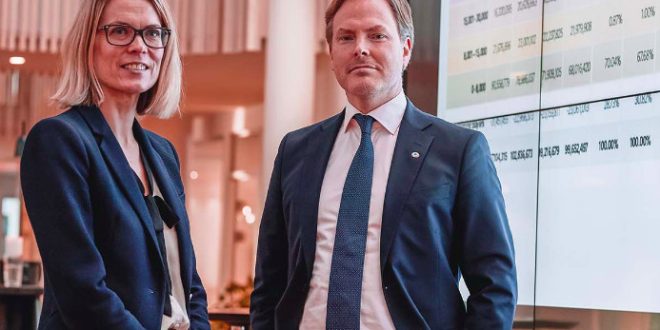Paf, the Finnish Åland Islands-owned gambling group, has announced that it will proceed to a new mandatory online gambling loss limit for customers aged 18-19 to €1,800.
The updated annual loss limit is scheduled to be implemented in early summer 2023. Along with other measures being introduced, these initiatives are anticipated to incur a cost of approximately €7 million.
Set to be implemented in the ‘early summer of 2023’, Paf will reduce the annual loss limit for customers from €20,000 to €17,500. The new cap will apply to all game categories and gaming sites owned by the company.
According to Paf CEO Christer Fahlstedt, this change is part of the company’s most significant investment in responsible gaming to date. It aims to create a noticeable difference in customer numbers and segments by adjusting various limits.
He explained: “Paf continues to implement responsible gaming measures that improve the numbers in our customer segments. We will set a standard for gaming companies when it comes to responsibility, a standard that other international gaming companies can and should follow.”
Besides the general reduction, Paf is also implementing an additional 82% reduction in the loss limit for its youngest customers, aged 18-19. The cap will be lowered from the current €10,000 to €1,800 per year.
This move is in line with research findings indicating that young adults are particularly vulnerable to gambling problems. Deputy CEO & Chief Responsibility Officer Daniela Johansson highlighted that the need for change further strengthens Paf’s responsible gaming focus on young people.
“The change further strengthens our RG-focus on young people, which is good because it is in line with the research on gambling problems that says young adults are an extra vulnerable group when it comes to gambling,” Johansson remarked.
Paf has been consistently working to reduce the number of customers playing for larger sums and increase those playing for smaller amounts. The company has been openly sharing its customers’ winnings and losses data, as well as the development of different customer segments since 2017.








